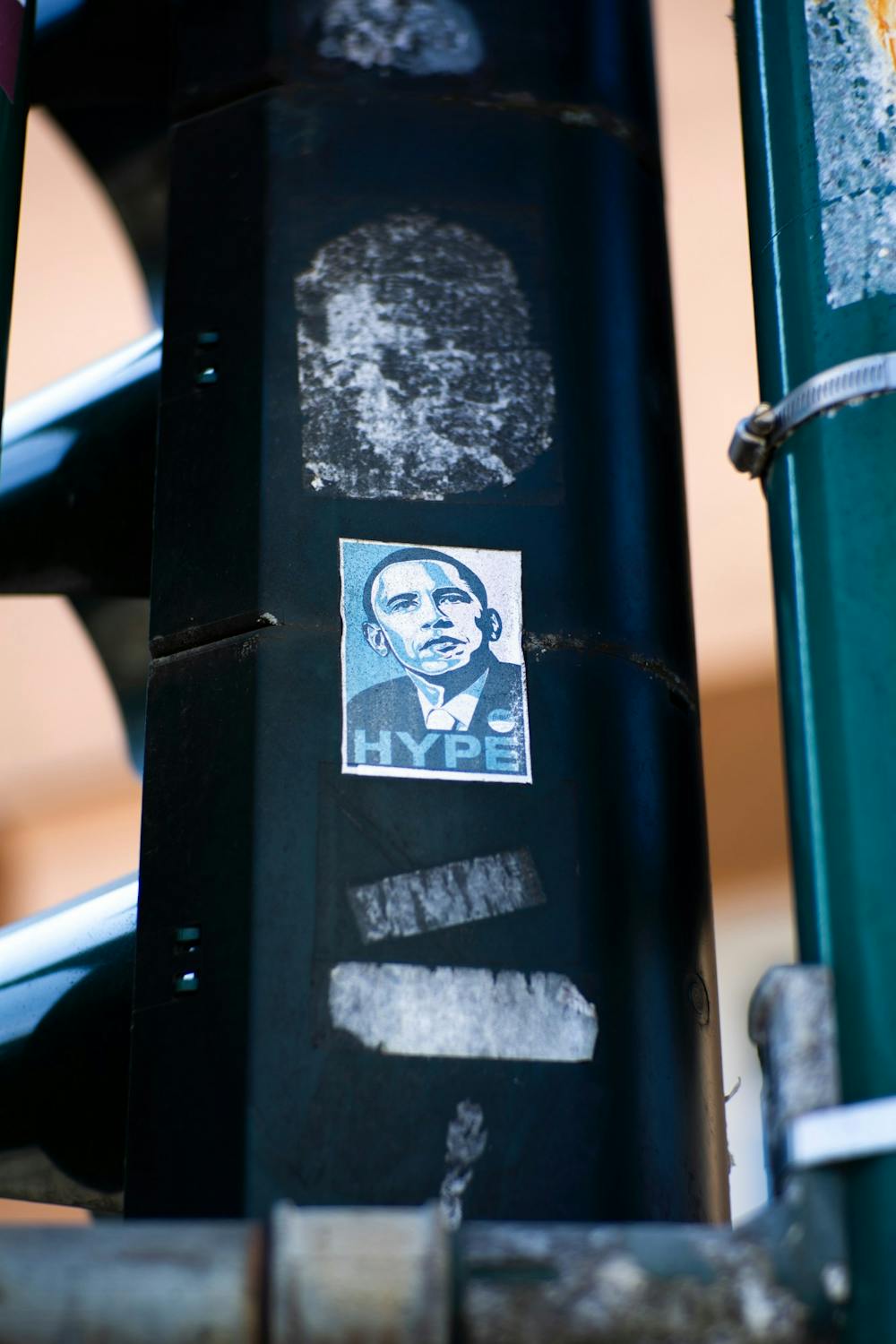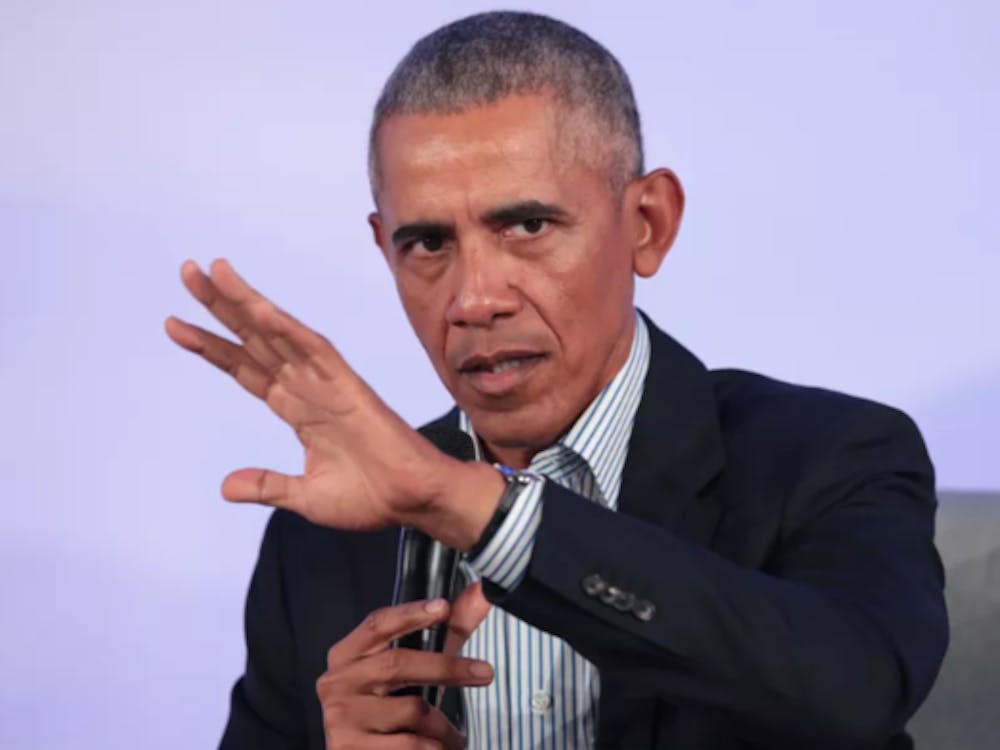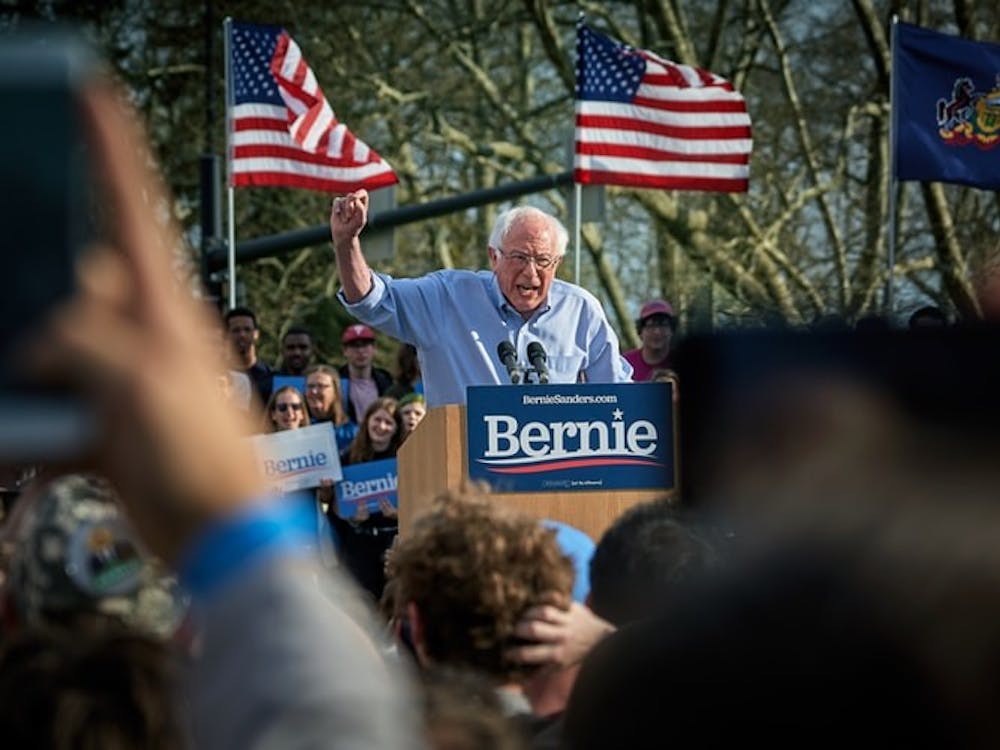
Photo by Markus Spiske on Unsplash.
What do Governor Michael Dukakis, Vice President Al Gore, and Secretary of State, Senator, and First Lady Hillary Clinton all have in common? They were all Democratic nominees for President - and they all lost.
Each one had long standing careers in politics before running and seemed to be shoo-ins for president. All were nominated for their electability. And in each of their respective times running, the candidates were regarded as the most electable and most likely to defeat their opponent.
During the presidential election cycle of 1988 (Governor Dukakis v. Vice President Bush), most polling companies and news outlets predicted a Dukakis presidency if he were to win the Democratic nomination. Two months before the democratic nominee was announced, the New York Times wrote an article titled, “Poll Shows Dukakis Leads Bush; Many Reagan Backers Shift Sides.” Dukakis was set to win by 10 percent … six months before voting.
Dukakis was eventually elected the Democratic nominee because of the Democratic Party’s perception of his electability. But he didn’t have a clear message or enthusiastic support. His campaign failed to deliver, and he ultimately failed due to an uninspired Democratic party and low voter turnout.
Twelve years later, Vice President Al Gore was up for election in 2000. Leading into the election cycle America had one of the largest tax surpluses in history, arguably its best economy in decades and an unemployment rate in the mid 3-percent range. This all had been achieved under a Democratic administration; the very same one Gore worked in. By almost all precedence a Democrat should have won the presidency, but the Democratic party fell into the same trap: electability.
An assumption was made that due to Gore working in the White House during unprecedented economic success, he would automatically win the presidency. Soon came poor debate performances and data intensive, monotone speeches. Leading up to nomination day, Gore was predicted to win and won the nomination due to this perceived victory. Gore, like Dukakis, was a candidate nominated not by support or enthusiasm but by the establishment's idea of an electable candidate.
Then came Secretary of State Hillary Clinton, the candidate who hadn’t written a concession speech due to the overwhelming consensus she would win. During the nomination process, she was posed against Senator Bernie Sanders. Because of emails leaked by WikiLeaks, it was revealed that heads of the DNC did not favor Bernie Sanders or his campaign. It is now the general consensus that the Democratic National Committee threw their support behind Hillary and prioritized their own views over the people.
That being said, Democratic voters are still to blame. Once Donald Trump had taken the polls and showed massive public support, the question of who could beat him loomed over Democrat’s heads.The response to this question was not voting for who had the most support, but rather voting for who people thought others would support. Hillary was awarded the nomination and then came low voter turnout and swing state losses - losses that typically come from lack of enthusiasm and support behind a candidate.

Bernie Sanders drew large crowds in his first run for the presidency. Some argue he embodied a strength that was overshadowed by Hillary Clinton's "electability" and that a Sanders-Trump anti-establishment faceoff would have had Sanders emerge as a clear victor. Photo by Trevor Bexon on Flickr.
Hillary's campaign and supporters fell into the same trap as Dukakis and Gore: electability. The Democratic party ignored their supporters and America's political shift. A Trump nomination showed America was leaning against establishment candidates and old politics, but the DNC's response was an establishment candidate and old politics.
The Democratic party and its supporters need to learn from their past mistakes and take a look at what has worked: the Barack Obama candidacy and nomination. When President Obama was still a Senator in Illinois, he was a long-shot candidate. He was a second-generation immigrant and an African American, qualities that are not considered "establishment" qualities. His campaign continued and the support rained down.
In December of 2007 Hillary Clinton held a sizeable lead and her campaign looked strong. But as support grew, Obama took the nomination and broke the DNC's formula. He later brought in massive numbers of voters and won the presidency. President Obama won the presidency not because he fit the criteria of an "establishment" candidate or fit the Democratic National Committee's idea of an "electable" candidate. Obama won because he had support and an enthusiastic base.
Obama was running against John McCain, an establishment Republican who had a long history in Washington. The Obama victory shows exactly how enthusiasm and support beat an "electable" candidate. John McCain and the Republican party fell into the same hole that Clinton, Gore and Dukakis fell into: electability.
When Americans vote on candidates they think others will support, the candidate who is nominated loses. If there is something Democrats can learn from the last three decades of Presidential elections, it is to support who you favor. The primary process was designed to figure out who Americans and voters support; selling out the vote to the most likely winner is the wrong strategy.
Presidents get elected on support and enthusiasm, not polls taken months in advance. Keeping in mind who has a high chance of winning is important, but that is not the question voters should base their support on. Basing the vote on policy, enthusiasm, support, and likability will carry Democrats to a 2020 win.





